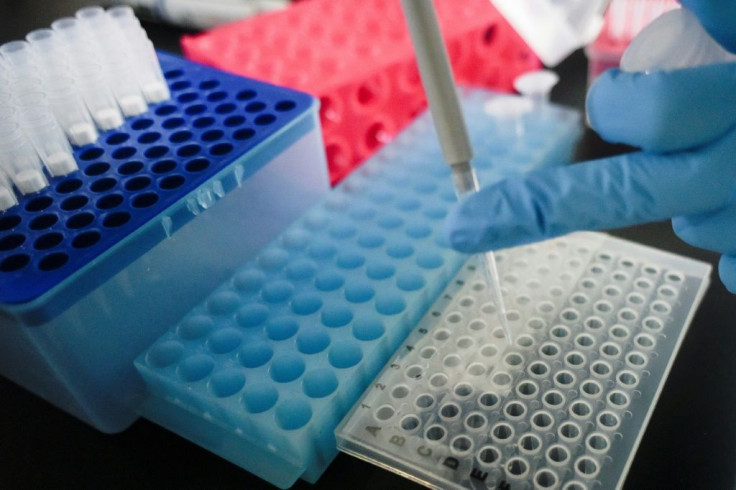COVID-19 Vaccine: New Coronavirus Protein Could Accelerate Global Production
KEY POINTS
- The coronavirus spike protein is a critical vaccine antigen and a primary target of neutralizing antibodies
- Most COVID-19 coronavirus vaccine candidates train the human immune system to recognize this protein to fight infection
- Researchers have designed a modified version of this protein
- The improved version could reduce the size of each dose and speed up vaccine production
While researchers around the world are racing to find a permanent solution to the coronavirus pandemic, a team at the University of Texas, Austin, has successfully designed a new method that could help speed up production of COVID-19 vaccines.
The researchers have redesigned a key protein from SARS-CoV-2 in such a way that it could enable much faster and more stable production of vaccines throughout the world.
Efforts like these can make vaccines more accessible to people, especially those in lower-income nations. Moreover, vaccine manufacturers with different platform technologies will have the ability to test and further develop COVID-19 vaccines that use this newly designed protein. The Bill & Melinda Gates Foundation has contributed to its development.
A majority of COVID-19 vaccine candidates train people’s immune systems to recognize a key protein located on the surface of the novel coronavirus, known as the "spike protein", to prevent the disease. The researchers at the University of Texas have designed a new version of this protein, which when expressed in cells, can produce up to 10 times more protein than that of an earlier synthetic spike protein that has been implemented in several other COVID-19 vaccines.
"Depending on the type of vaccine, this improved version of the protein could reduce the size of each dose or speed up vaccine production. Either way, it could mean more patients have access to vaccines faster," said Jason McLellan, the study’s lead author and an associate professor in the Department of Molecular Biosciences, UT News reported.
The new protein, dubbed HexaPro, has numerous desirable qualities needed in a robust vaccine. It is not only more stable than their older version of the spike protein, but also maintains its shape even under heat stress during storage at room temperature and through numerous freeze-thaws.
HexaPro could also be used in coronavirus antibody testing where it could act as a probe to identify the presence of COVID-19 antibodies in a person’s blood sample.
"It is our hope that this work will accelerate the production of prefusion spikes to mitigate the public health emergency and has broad implications for next-generation coronavirus vaccine design," concluded the researchers in their paper published in Science.

© Copyright IBTimes 2024. All rights reserved.












